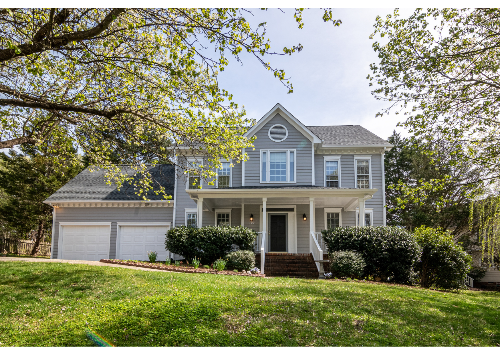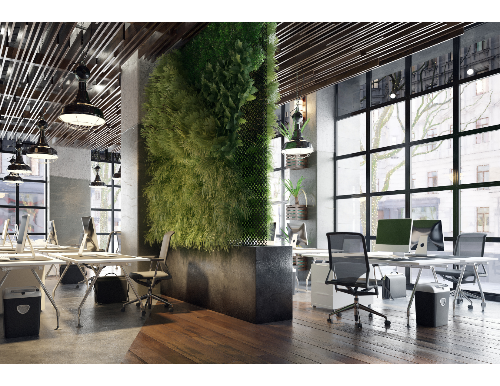Building Insurance Mobile Home: Optimal Protection for Your Holiday Home
A mobile home offers a comfortable place to relax, but it also comes with risks. Insuring your mobile home with home insurance is essential to cover damage caused by fire, storm, water damage or vandalism. With the right insurance, you can enjoy your holiday home worry-free, knowing that your investment is protected.
What does Building Insurance for a Mobile Home cover?
- Fire and Storm Damage : Protection against damage from fire, lightning, storm and hail.
- Water damage : Coverage for leaks or flooding that causes damage to your mobile home.
- Burglary and Vandalism : Protection against damage from unwanted intruders or vandalism.
- Repair costs : Coverage for repairs to structural components such as the exterior walls, roof and floor.
- Additional Options : Possibility to insure solar panels, outbuildings and terraces.
We (Finass Verzekert) compare Building Insurance get the best and most competitive premium Building Insurance
Why Choose Mobile Home Building Insurance?
- Financial Security : Avoid high costs in the event of unexpected damage to your mobile home.
- Flexible Coverage : Adjustable to use, such as seasonal occupancy or permanent installation.
- Peace of mind : Your mobile home is protected against the most common risks.
Important Considerations When Insuring a Mobile Home
- Type of Use : Is the mobile home for personal use, rental or vacant? This may affect the policy conditions.
- Location : Protection against specific risks at the location, such as floods or storms.
- Additional Insurance : Consider contents insurance for valuables in your mobile home.
How Do You Find the Best Home Insurance for Your Mobile Home?
Compare insurers on premium, coverage and additional options to choose an insurance policy that perfectly suits your mobile home. With home insurance you are assured of optimal protection, so that you can enjoy your holiday home without any worries.
What is Building Insurance?
With buildings insurance you insure a business premises or club building and everything that goes with it against damage. Also consider, for example, foundations, fences, outbuildings, light poles, barriers, air conditioning cooling and solar panels.
What is covered by Building Insurance?
WITH BUILDINGS INSURANCE INSURE A BUSINESS PREMISES OR CLUB BUILDING AND EVERYTHING THAT ASSOCIATES AGAINST DAMAGE . FOR EXAMPLE, ALSO CONSIDER FOUNDATIONS, FENCES OR FENCES, OUTBUILDINGS, LIGHT TOWERS, BARRIERS, COOLING OF THE AIR CONDITIONING AND SOLAR PANELS.
Why Building Insurance?
AS THE OWNER OF A BUSINESS PROPERTY, YOU INCLUDE CERTAIN RISKS. A BURGLARY, FIRE OR STORM CAN HAVE MAJOR CONSEQUENCES FOR YOUR OFFICE, SHOP PREMISES, WORKSHOP OR WAREHOUSE. WITH BUILDINGS INSURANCE YOU ENSURE THAT YOU INSURED FOR DAMAGE AND YOU CAN GET STARTED WITH YOUR BUSINESS AGAIN QUICKLY.
What is usually not covered by Building Insurance?
Damage due to flooding of, for example, the North Sea, the Wadden Sea, the IJsselmeer or the major rivers such as the Rhine, Maas and IJssel.
Is it mandatory?
You are not obliged to take out building insurance If you own a building, it is wise to take out building insurance. Repairing damage can be expensive without insurance. When applying for a mortgage, the bank may require you to take out building insurance. Because your business premises serve as collateral for the mortgage.
When does Building Insurance pay out?
If your policy states that you are covered for what happened to you. Common causes include:
- fire, water damage, storm, vandalism or theft





















